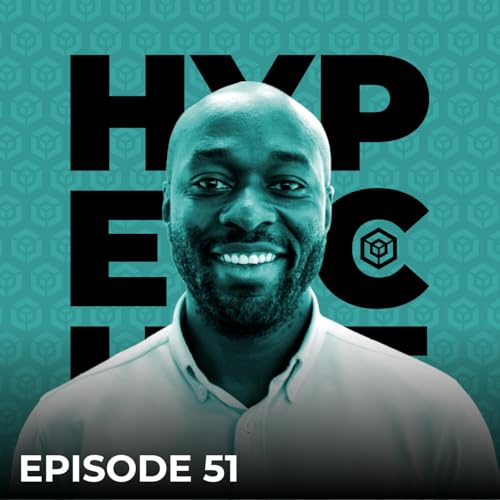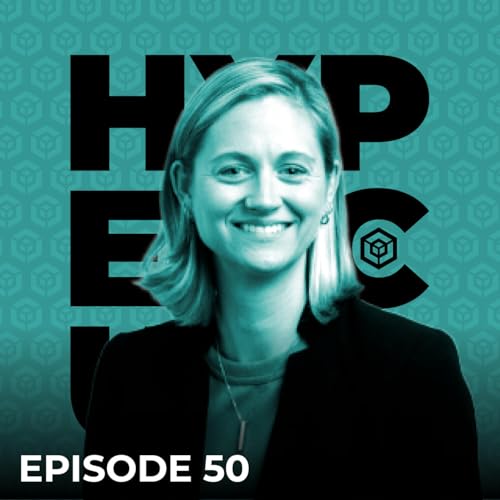Final episode before a short summer break!
On this episode of the Hypercube Podcast, Adam Sroka speaks with Rob Taylor, Group CIO at GivEnergy, the UK’s leading manufacturer of domestic battery storage systems. Rob shares his journey from receiving a shockingly high energy bill to leading the company’s software division, where he now drives cloud-based platforms, open APIs, and smart integrations that connect batteries, EV chargers, and home energy systems.
The conversation explores the core challenge of interoperability in a fragmented energy landscape. Rob explains how GivEnergy has championed openness from the beginning and why emerging standards like the Mercury initiative are critical to enabling a connected, scalable energy ecosystem. He also unpacks the strategic importance of early involvement in EV charger protocols, beyond GivEnergy’s core battery products.
Adam and Rob dive into the bigger picture: how domestic and grid-scale storage must work together to meet the UK’s Clean Power 2030 goals, and why cost barriers, installation complexity, and lack of targeted financial incentives are slowing broader adoption. Rob also raises concerns about security in both hardware and software supply chains, calling for greater scrutiny of development practices and long-term infrastructure risks.
Finally, they discuss the cautious but promising role of AI in home energy management, the importance of responsible data use, and how the sector can balance innovation with consumer trust. From standards and software to security and equity, this episode offers a wide-ranging look at the forces shaping the future of home energy.
Adam and Rob cover:
- How a sky-high energy bill led Rob from science into smart energy innovation
- Why GivEnergy bet early on open APIs and what it means for interoperability today
- The challenge of fragmented standards and how the Mercury initiative aims to fix it
- Security risks in global software supply chains and the hidden vulnerabilities in home energy devices
- Why home batteries alone aren’t enough: building toward whole-home optimisation
- The equity gap in energy adoption and the case for targeted financial incentives
Useful Links
Visit GivEnergy: https://givenergy.co.uk/
Connect with Rob: https://www.linkedin.com/in/robert-taylor-uk/
Join Hypercube's Beyond Energy Community: https://wearehypercube.com/join-the-community/
Chapter markers
[00:00] Batteries, fairness, and the risk of a two-tier energy system
[01:00] Meet Rob Taylor – GivEnergy’s CIO on scaling domestic storage
[05:19] Why interoperability is broken – and how Mercury might fix it
[10:13] Why Clean Power 2030 needs both grid-scale and home batteries
[17:51] Supply chain threats, software trust, and grid vulnerability
[24:43] AI hype vs real value – GivEnergy’s take on smart optimisation
 45 m
45 m Dec 3 202549 m
Dec 3 202549 m Nov 12 202550 m
Nov 12 202550 m 39 m
39 m Oct 15 202530 m
Oct 15 202530 m 45 m
45 m 37 m
37 m Jun 25 202539 m
Jun 25 202539 m
